For Simeon Brown and the coalition government, ‘democracy’ means putting the issue of Māori wards to the popular vote. But not urban, rural, or general wards. Just Māori ones.
So is the proposed referendum on Māori wards discriminatory? Or is it democracy in action? Te Rina Kowhai heads north - far north - to get the views of elected officials.
Did you know you don’t have to be Māori to run for a Māori ward seat?
Far North District Mayor Moko Tepania does, and as we follow him through Kaikohe for his mid-week rounds, it’s something he wants you to know, too.
This is a district that is unique in so many ways - the man we’re following is its youngest-ever mayor, and over half its population is Māori.
And if you ask Tepania, even the vibes in Kaikohe are unique, a point he stresses as he greets residents.
“Tirohia nā! Tērā te wairua harikoa. E kore pea e kitea ki tāone kē atu.”
Look at that! That’s happy vibes and you don’t really see that in other towns.
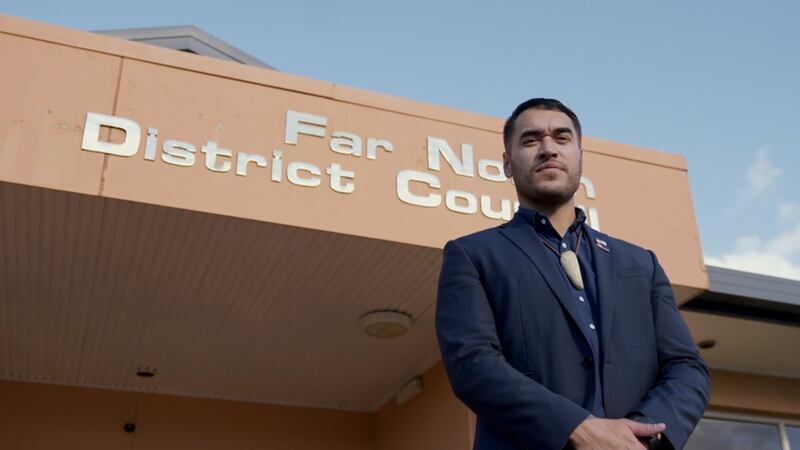
Where this district becomes less unique is in the context of the other local councils in its region - Kaipara, and Whangarei district councils - because all three have Māori wards.
A total of 42 territorial authorities across the motu have Māori wards, but come 2025, there’s a good chance that number could dwindle dramatically in the hands of the voting majority.
It’s a distinction Kaikohe may well retain, which only seems more likely as you speak to residents here.
“Of course! Anything to do with Māori is a benefit to not only our people but our areas,” says one person.
“We need our Māori voice to be heard,” says another.
But, just two years on from its first Māori ward elections, which the council voted 7-3 in favour of establishing, the central government politics of Wellington is pushing through legislation that would force them to go back to the polls to decide if they want to keep them.
“This legislation is hugely discriminatory,” mayor Tepania says.
“This is why the local government sector asked the former government to change the provisions to poll because it only applies to Māori representation in our representation review.”
Babe Kapa, councillor for Ngā Tai o Tokerau Māori ward, says representation like that which Māori wards offer is something tūpuna (ancestors) have wanted to see for generations.
“Ki te whare nei ka kite rātou i te kanohi Māori, tērā te mea tuatahi. Tuarua, ka rongo rātou i tō tātou reo e kōrerohia, e mahingia ana i te whare nei.”
Here at the council, they can see a Māori face, that’s the first thing. Secondly, they can hear our language actively being spoken within this place.
“Roa nei te wā tētahi hiahia o ō mātou tūpuna i konei. Tuatoru, tautokongia pau te kaha kia puta ētahi hua mō Māori, pēnei i te consultation.”
It’s been a long wish for our ancestors to see that here. Thirdly, to strive to support outcomes for Māoridom, like consultation.
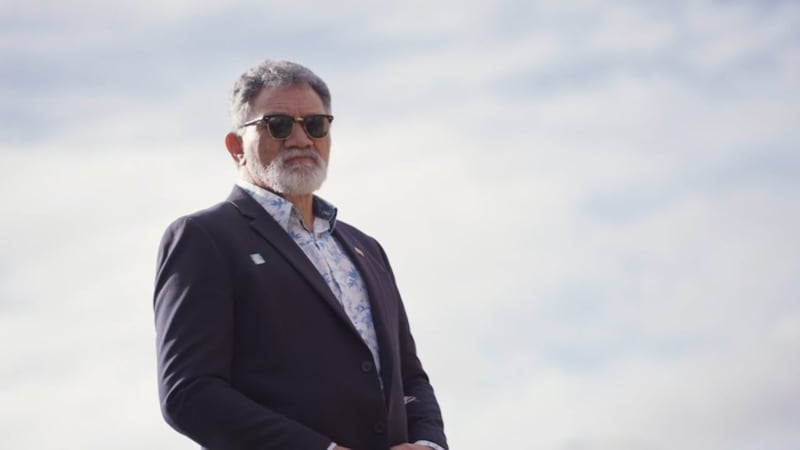
Ko te nuinga o ngā kōrero i roto i ngā tuhituhi i kōnei ‘he community’, nā ka panga atu tātou ki raro i tērā āhuatanga. Engari iāianei, tā mātou kōrero a tāua ngā hoa i runga i Te Tiriti, ko koe te Tiriti Partner, ko mātou te tangata whenua.
Nā ka puta atu ō koutou kōrero ki te nuinga, ā muri i a mātou. He mea nui hei tīmatatanga.
Mostly the language here has been about ‘community’, and that’s how Māori have been characterised, but now we are saying to our friends in Te Tiriti, you are our treaty partner, we are tangata whenua. The matters will be discussed following consultation with us. That’s a great place to start.
Tepania points out his council established only one Māori ward, which sits alongside three general wards and 13 community board subdivisions.
“But this legislation is saying that only the single Māori ward has to go to a poll or can be overturned by all electors.
“Our three general wards and our 13 community board subdivisions, they’re fine. The public gets to have a say as a part of a representation review but they don’t get polled.
“That decision can’t be determined by the public. You trust the people in these spaces, the mayor and councilors to make decisions on behalf of the communities. And so it only applies to that single ward.
“Why is the rule not the same for everyone?”
Moko’s clear opposition to the legislation is far from solitary. Some 52 mayors – two-thirds of the nation’s mayors – have signed a letter blasting the National-led coalition’s plans to force councils to hold referenda on Māori wards, calling it government overreach.
“You know, I have talked to some mayors who haven’t signed it simply on the basis that they haven’t had time to go through a longer discussion with their council to do it. So there may be some out there who at a personal level want to do it,” Central Otago mayor Tim Cadogan says.
“It’s such an overreach and I do think there is no local in this,” says Grant Smith, Palmerston North’s mayor.
But it’s them, versus a more-resourced, more powerful central government.
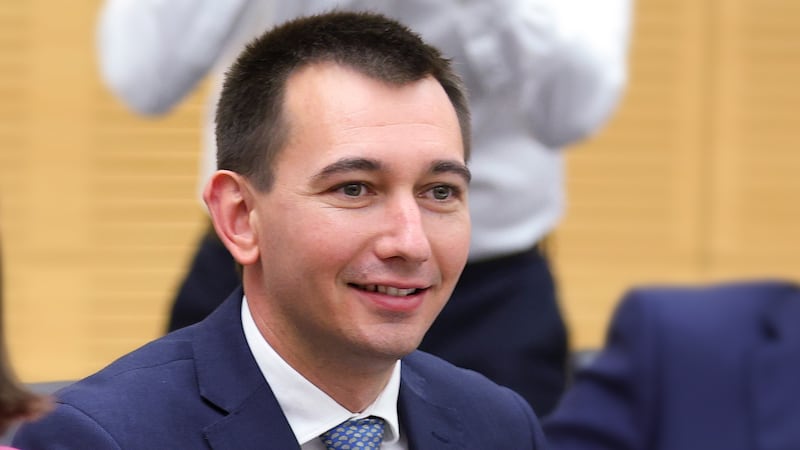
Local Government minister and architect of the bill, Simeon Brown says “This is a fundamental, decision around how the council should be set up, how those wards should be allocated, and we think voters should actually be able to determine whether or not there should be Māori wards.”
Deputy Prime Minister and New Zealand First leader Winston Peters: “Well, you know what our position is?”
“We campaigned on it that this democracy should be equal.”
ACT leader David Seymour shares similar sentiments.
“The people of New Zealand have voted far more people than voted for any mayor, have voted for a government that is now changing those laws.”
The bill is before a select committee, and the government’s desire for change means the bill has been placed under urgency.
In its report, the tribunal found that the Crown had breached Te Tiriti o Waitangi, including:
• the Treaty principle of partnership (the duty to consult and act reasonably and in good faith and the duty of active protection).
• failed to adequately protect Māori rights and interests.
• failed to adequately inform itself of its Treaty obligations.
• failed to conduct adequate Treaty analysis during the policy development process.
Te Raukura O’Connell Rapiha is a lead claimant in the Waitangi Tribunal case.
“Judge Sarah Reeves, who was the presiding officer of the Waitangi Tribunal claim, found whole communities have benefited as a result of the strength and relationships that have occurred between Māori and councils because of Māori wards being established.
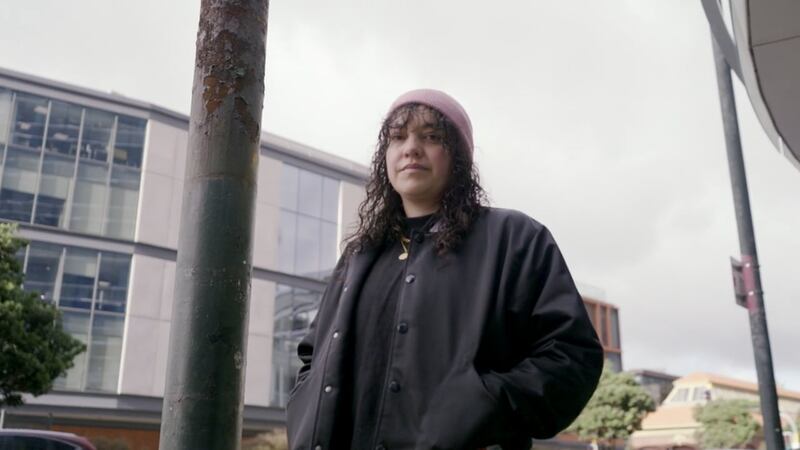
“She also found the number one risk to Māori at the moment, if these referenda go ahead, is that we will be exposed to racist, divisive rhetoric, but also that in not consulting or having any conversation with us as Māori about the future of Māori wards and simply writing roughshod over our rights that the crown is in breach of the Treaty and so her recommendation was that the Crown needs to stop the process and consult with Māori and have a conversation with us about how we can exercise our tino rangatiratanga.”
Tāmati Rākena, another councillor for Ngā Tai o Tokerau Māori Ward, says he can offer no better representation of Judge Sarah Reeves’ claims than the very mahi Māori ward councillors do.
“Even though that is the case we don’t just tohe (debate) or whawhai (fight) for the roads that benefit Māori only, or waters that benefit Māori only, housing, rates, every single thing, we fight for the things that matter the most to all constituents in the Far North District and having that viewpoint of Te Ao Māori and Te Ao Pākehā is actual really beneficial to everyone.”
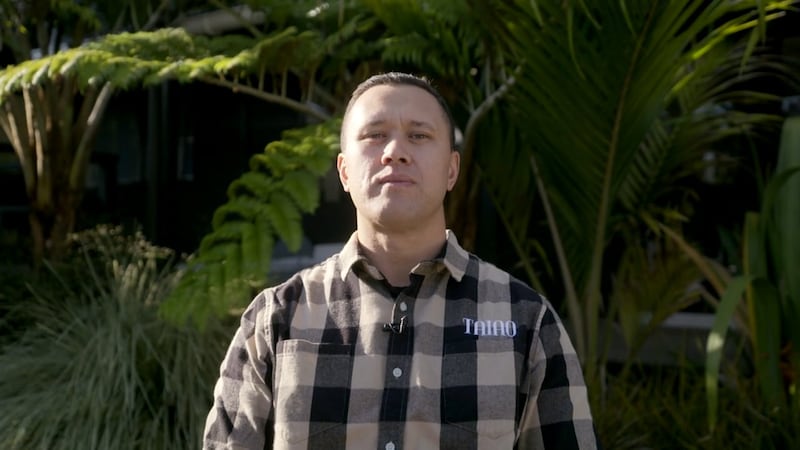
Meanwhile, Tepania says it comes down to trust, and he finds the whole scenario “laughable.”
“When you look at it like that, that we can on behalf of our communities, determine how they’re represented for general wards and for community board subdivisions, but not for a single Māori ward. Why? That’s the big question.”



